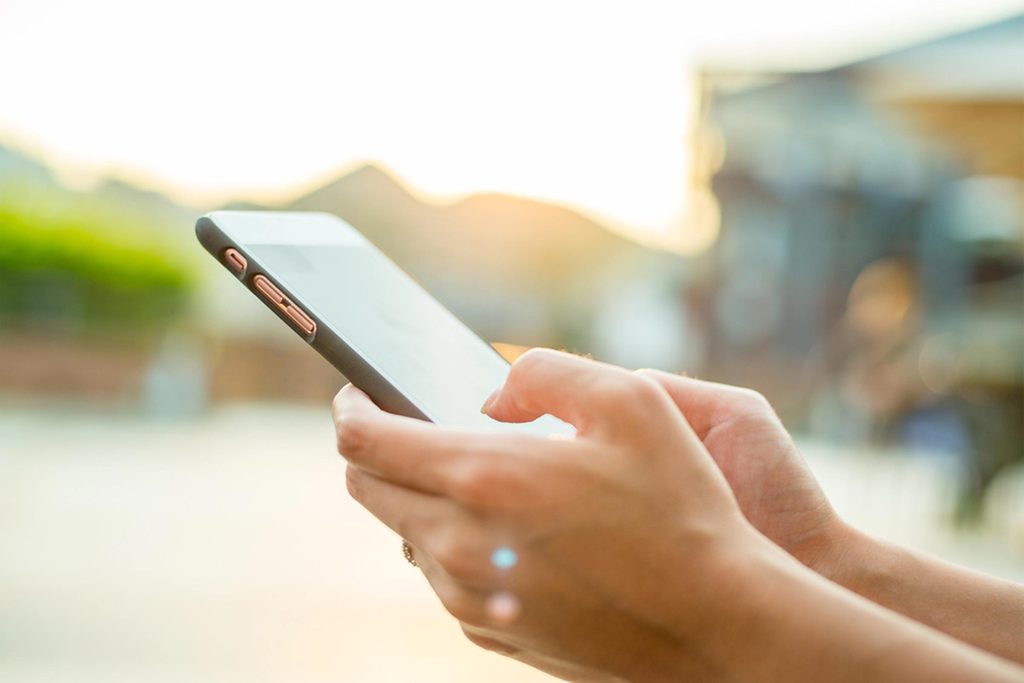The Science-Backed Way Cell Phones Could Heal Concussions Faster
Updated: Sep. 05, 2017
Teens with concussion might make more progress with the help of their cell phone. Here's how.
 Parents might get frustrated with the amount of time their teenage kids spend on their cell phones, but it’s not all bad in the digital world. New research shows that teens who have suffered a concussion may recover faster if they use a mobile health app once a day in conjunction with standard medical care.
Parents might get frustrated with the amount of time their teenage kids spend on their cell phones, but it’s not all bad in the digital world. New research shows that teens who have suffered a concussion may recover faster if they use a mobile health app once a day in conjunction with standard medical care.
The SuperBetter app (free to download from iTunes or Google Play) was developed by Jane McGonigal of the Institute of the Future after she suffered a minor head trauma. McGonigal collaborated with researchers from The Ohio State University Wexner Medical Center and Cincinnati Children’s Hospital Medical Center on the study, which was published online June 2017 in the journal Brain Injury.
Tips for how to heal concussion from Centers for Disease Control and Prevention (CDC) include avoiding sustained computer use, including computer/video games early in the recovery process. While it’s safe to say that spending hours playing Grand Theft Auto probably isn’t going to help a teen recover from their injury—and could well hinder their recovery progress—SuperBetter is clearly in a different category altogether, and could make medical professionals rethink concussion protocol. The research shows that teens who used this app once a day in conjunction with their medical care improved symptoms and optimism more than with standard medical care alone. (Here are concussion symptoms you should never ignore.)
“We found that mobile apps incorporating social game mechanics and a heroic narrative can complement medical care to improve health among teenagers with unresolved concussion symptoms,” says first author Lise Worthen-Chaudhari, a physical rehabilitation specialist who studies movement at Ohio State’s Wexner Medical Center’s Neurological Institute, as reported on ScienceDaily.
The 19 teenagers who took part in the study got the usual care for their symptoms—which had persisted beyond three weeks; about half of them also used the SuperBetter app as a way to make a game out of tracking their symptoms. The app represents symptoms as bad guys such as headaches, dizziness or feeling confused. The app would also make medical recommendations that were represented as power ups, including getting more sleep and wearing sunglasses. The app-using teens could also recruit allies to join their personal network; allies could view their partners’ in-app activity and send resilience points, achievements, comments, and personalized emails for encouragement.
“Teens who’ve had a concussion are told not to use media or screens, and we wanted to test if it was possible for them to use screens just a little bit each day, and get the bang for the buck with that,” adds Worthen-Chaudhari. “The app rewrites things you might be frustrated about as a personal, heroic narrative. So you might start out feeling ‘I’m frustrated. I can’t get rid of this headache,’ and then the app helps reframe that frustration to ‘I battled the headache bad guy today. And I feel good about that hard work’.”
According to study co-author Kelsey Logan, MD, director of the division of sports medicine at Cincinnati Children’s Hospital: “Since 2005, the rate of reported concussions in high school athletes has doubled, and youth are especially at risk. Pairing the social, mobile app SuperBetter with traditional medical care appears to improve outcomes and optimism for youth with unresolved concussion symptoms. More study is needed to investigate ways that leveraging interactive media may complement medical care and promote health outcomes among youth with concussion and the general population.”
Do you use any of these popular health and fitness apps?